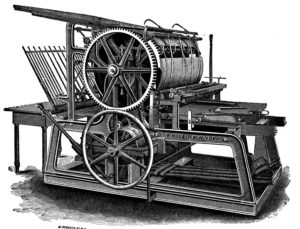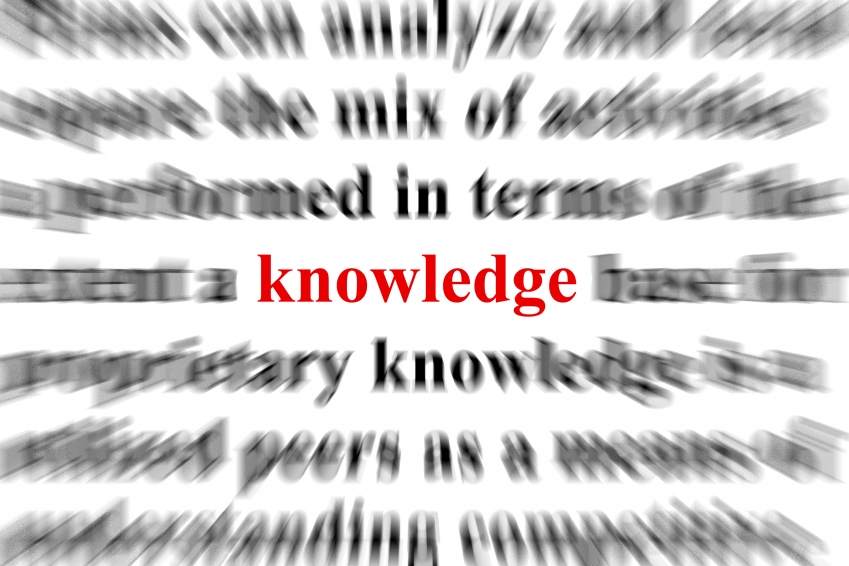As we began to see in the last post, there is a way Western society has thought about knowledge for a long time, and that way, is in the throes of great change. This is due, at least in part, to the ubiquity of the internet in our daily lives.
In the old way of thinking about knowledge, it was scarce. The internet is certainly changing that! When our thinking was limited by the existing technology, we limited our thinking about reality, making just a few things truly true. Sure, there were lots and lots of opinions, but only “true” things got put in books.
 The printing press had dramatically expanded our view of knowledge and who could access it, but it was still limited. Printing requires typesetting, paper feeding, book binding, and so forth. We couldn’t publish everything. There had to be some kind of filter in place to determine what got published, what did not.
The printing press had dramatically expanded our view of knowledge and who could access it, but it was still limited. Printing requires typesetting, paper feeding, book binding, and so forth. We couldn’t publish everything. There had to be some kind of filter in place to determine what got published, what did not.
And so, the old technology shaped how we thought about knowledge itself. As we saw in the last post, only those things we deemed exclusive and universal got published. This made knowledge itself rare. Ink-and-paper technology demanded it be so.
When the internet came along, publishing was no longer a bottleneck. We could distribute knowledge without scarcity. Digital storage is cheap and easy. No ink required, no paper, very little production cost, and no distribution cost at all.
 The internet introduced a different problem. Now we were overrun by too much information; too much knowledge; too much truth. The new technology is undercutting the very idea of what can be known, what is true, what knowledge is.
The internet introduced a different problem. Now we were overrun by too much information; too much knowledge; too much truth. The new technology is undercutting the very idea of what can be known, what is true, what knowledge is.
Last year, the movie The Great Gatsby came out. If I put the title of that movie into Google, 771 million pages come back in my search.
771 million!
You can find out all about the movie, all about the book from which the movie came. You can read about the tests and cheat-sheets high school students use who have studied the book. I can find out all about F. Scott Fitzgerald. I can learn about his parents, his home town, and about what it was like to grow up in St. Paul Minnesota in the early 1900’s.
I get access to all that information .65 of a second. All that knowledge is out there. 771 million pages of it! And I access it in less than a second.
 Scarcity is the least of our problems.
Scarcity is the least of our problems.
What we need now, is a new and more effective way of navigating the very un-scarcity of knowledge. Its very abundance and accessibility is the issue at hand. It creates a new demand; the demand for a new way of thinking about the very nature of knowledge. We had based our old way of relating to knowledge and truth on it’s scarcity. But if it’s not scarce, maybe it’s not exclusive or universal either.
And sure enough, that’s what we’re coming to see.
And in the seeing, we’re changing what it means to be human, to be Christian.
Stay tuned.

I remember the days when the Encyclopedia & Webster’s Dictionary were the utopia for looking up “knowledge”. And most folks had to go to the library to access those. Also there was a section of “non-fiction” to help us learn more if we were interested. I LOVED the LIBRARY!
I find the 771 million a bit confusing for finding what I really want…
I was looking up some scriptures on the web this morning. (This is something I used to have to go to my bookshelf to pull out the Concordance for)
By simply typing in 3-4 words of a phrase, I managed to access more versions of the scripture I was looking for than I knew translations existed. How daunting is it that what I once considered The Ultimate Truth has so many versions!